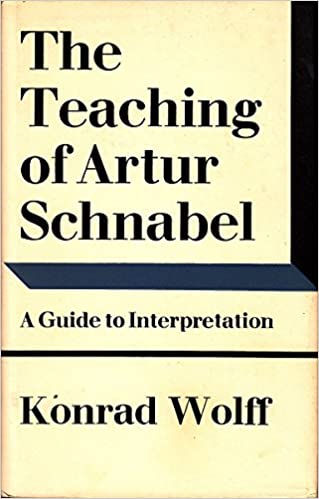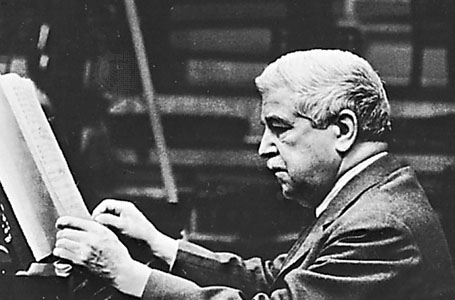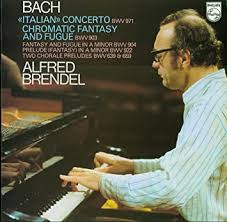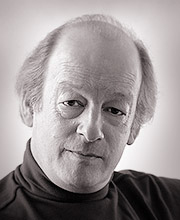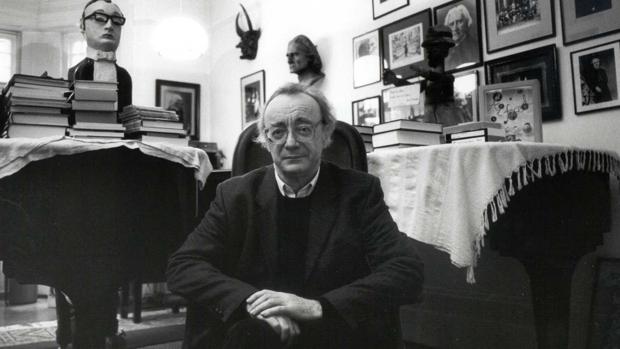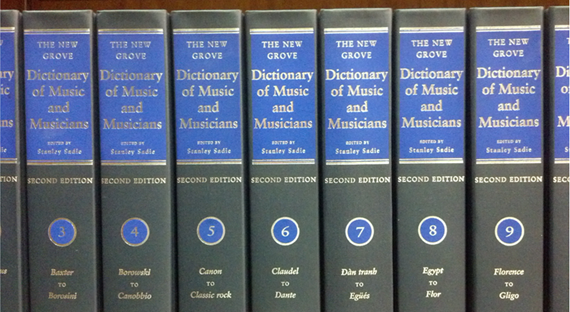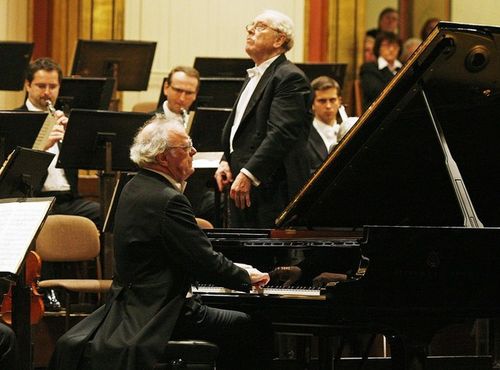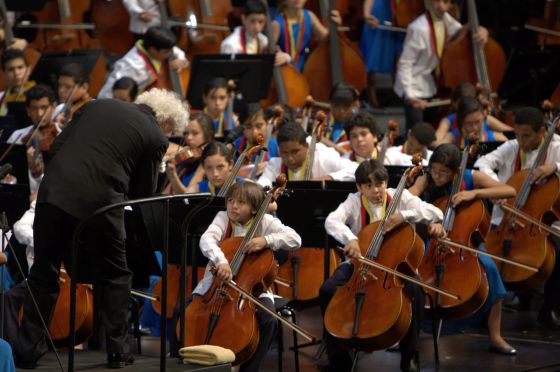
"Music, Sense and Nonsense: Collected Essays and Lectures", por Alfred Brendel.
Capítulo: “Conversations - Afterthoughts on Life and Art with Martin Meyer”
open.spotify.com/playlist/2PJMD…
Capítulo: “Conversations - Afterthoughts on Life and Art with Martin Meyer”
open.spotify.com/playlist/2PJMD…
En esta conversación de 2015 con Martin Meyer, autor de “Me of All People”, Alfred Brendel reflexiona sobre la música, la vida, el arte y varias otras cuestiones. Meyer pregunta a Brendel, ¿si pudiera cambiar algún aspecto de su vida como artista, cuál sería? 

Brendel contesta que más que cambiar algunos aspectos, le gustaría inventar una serie de escenarios que hubieran cambiado su vida en un a dirección diferente: “Firstly: musical parents. No war, no memories of Nazis and fascists, no Hitler or Goebbels on the wireless… 

…no soldiers, party members and bombs. Piano tuition from a nephew of Rachmaninov in America. Composition lessons from Schoenberg in Los Angeles. Film music for Woody Allen.” O “artistic parents - my father a sculptor and taxidermist, my mother a dancer and diseuse.” 

Meyer pregunta sobre los nuevos proyectos de Brendel como pianista: “To do what I already do, but better. Play more Mozart sonatas. Perform with the nicest conductors and the best orchestras. Take into account the constitution of a 75-year-old… 
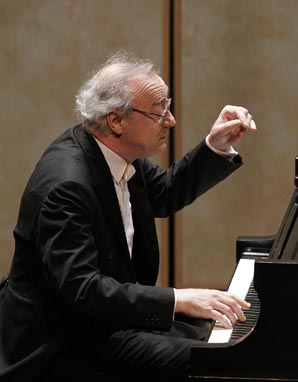
…Look at architecture, visit museums and exhibitions - in other words, have more spare time. See old films. Re-read great literature. Write poems. Give lectures. Try to look happy and grateful despite the wretched state of the world.” 

Sobre su “estilo tardío”, para Brendel su ideal sería una mezcla de sabiduría y frescura. “When aged virtuosi, however, find it necessary to prove themselves by still thundering out Chopin’s A flat Polonaise, I am embarrassed." 

Para Brendel, sus poemas fueron una sorpresa. “When my first volume of poems appeared, a friend wrote to me saying that he expected me now to design a church in Hampstead." Para él, no son un hobby: “Writing has been second nature to me for a long time.” 

¿Que consejo le daría Brendel a los jóvenes músicos? “Young pianist should acquaint themselves with music of all kinds - not just piano music. They should study composition and, as far as possible, compose…
…They should, if they wish to be virtuosi, not be virtuosi of the stupid kind, but should subordinate their virtuosity to the music as a means to an end - nothing more, nothing less. They should regard their talent as a promise that can be realized in the long term… 
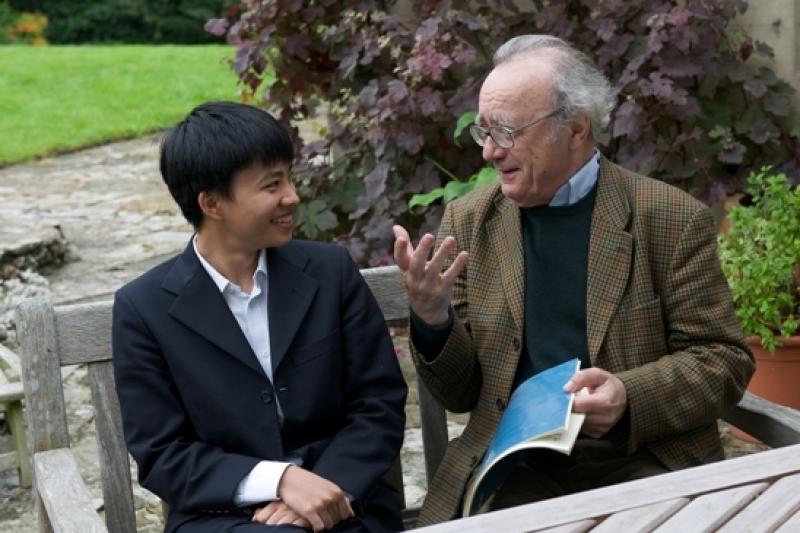
… through patience, energy and a good mixture of enthusiasm and scepticism. They should , instead of applying stereotypes, always be prepared to learn - every new piece, every new bar is a new challenge.”
Sobre si es dionisíaco o apolíneo, Brendel considera que lo mejor es una combinación de cambio y conservación. “Intoxication will not create a work of art, without the assistance of control and reflection. Chaos is then allowed (…) ‘to shimmer through a veil or order.’” 
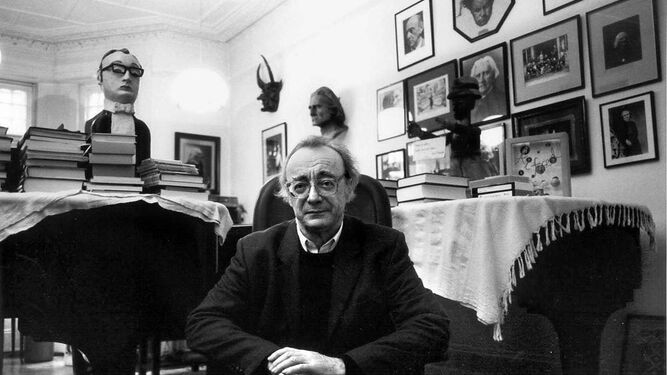
Para Brendel, la gran música va más allá de la vida humana. “Great music is concerned with a world that embraces human experience, but it also the ability to reach out beyond human experience into the fateful, the fantastic, the demonic, the seraphic… 

…reach out to timelessness and silence. Music can immerse itself in the tragic and the fatal, but can also, in humorous superiority, rise above human matters.” 

Finalmente, sobre si la modestia que revela en “Me of All People” es solo una pose, Brendel afirma: “I am aware that some people do not wish to accept me as I am because they expect an artist always to be narcissistic. My position is as follows: I am surprised by myself… 

… but I cannot admire myself. I have certain gifts. That is not achievement. It is only sensible to try and make something of one’s talent. It’s also a need, because it sucks you in. It’s something that helps to fill a life. That one has the necessary energy, the necessary… 

…enthusiasm, the necessary persistence, the appropriate constitution, is likewise not an achievement. They are qualities one has. That I can communicate with an audience musically and fill halls despite my grimaces is for me not a source of pride but astonishment.” 

@threadreaderapp unroll
• • •
Missing some Tweet in this thread? You can try to
force a refresh

